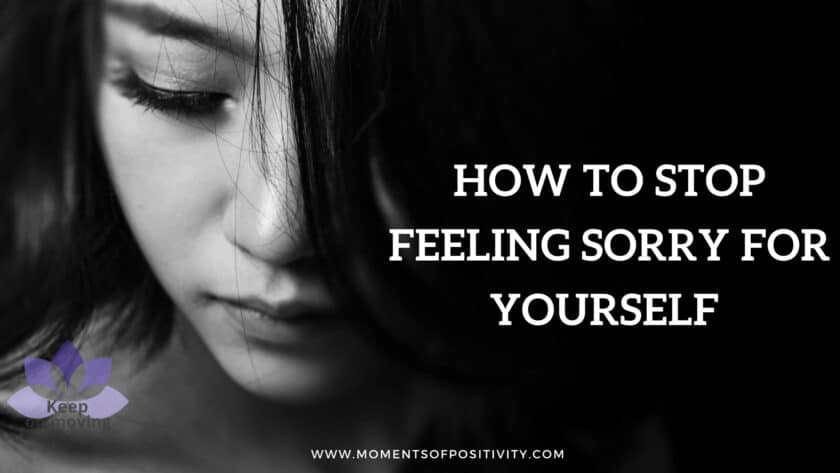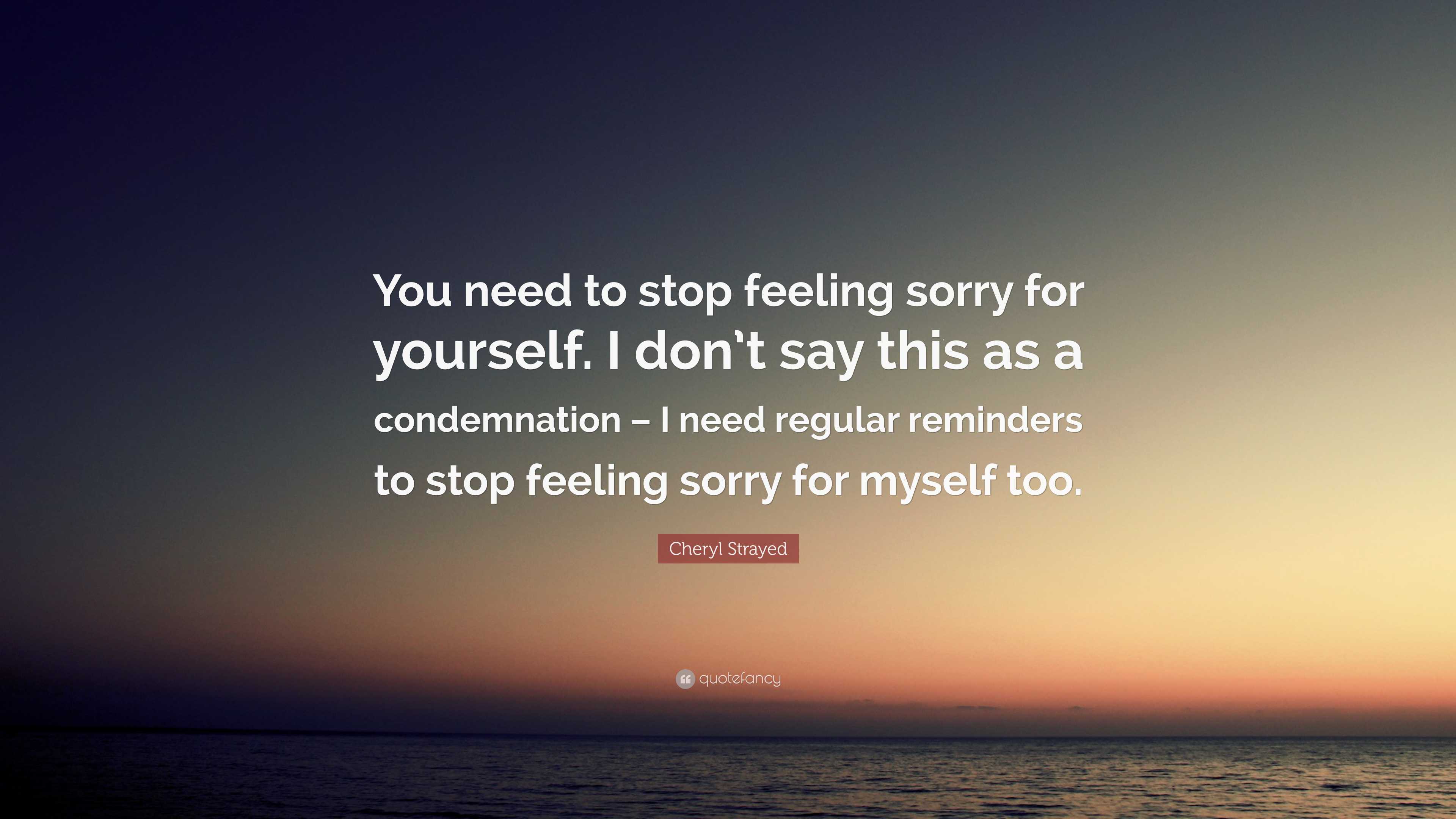Signs You Are Feeling Sorry For Yourself

We all experience periods of sadness or disappointment, but when these feelings become chronic and are accompanied by specific behaviors, it may signal something more: self-pity. Understanding the signs of self-pity can be the first step towards breaking free from this unproductive cycle and fostering a more positive outlook.
This article will explore common indicators of self-pity and offer insights into recognizing these behaviors in yourself and others. Recognizing these signals allows for self-correction and a shift toward more proactive coping mechanisms.
What Does Self-Pity Look Like?
Self-pity is characterized by an excessive focus on one's own suffering, often accompanied by a feeling of being uniquely victimized. The American Psychological Association doesn't have a formal definition, but psychological experts recognize its detrimental effects on mental well-being.
One prominent sign is constant complaining without seeking solutions. Individuals trapped in self-pity frequently dwell on their problems, voicing them repeatedly but avoiding active problem-solving.
Common Indicators
Here are some recognizable indicators that you or someone you know might be experiencing self-pity:
Exaggerated Negativity: Viewing situations as worse than they are is a telltale sign. This often involves focusing on the negative aspects and overlooking any positive elements or potential opportunities.
Blaming others and externalizing problems is another common behavior. People caught in self-pity tend to avoid taking responsibility for their actions and attribute failures to external factors or other people's shortcomings.
A victim mentality, characterized by feeling unfairly treated or targeted, fuels self-pity. This involves seeing oneself as powerless to change circumstances and feeling that the world is inherently against them.
Rumination on past events and dwelling on perceived injustices are signs of self-pity. Individuals may continuously replay negative experiences in their mind, reinforcing feelings of sadness and resentment.
Seeking excessive attention and sympathy can also indicate self-pity. This may involve exaggerating one's difficulties to elicit compassion and validation from others.
Resisting advice or help is counterproductive, but common in self-pity. People avoid finding real solutions to their problems, even when available, to maintain feeling sorry for themselves.
"When we self-pity, we become prisoners to our own narratives," says Dr. Sarah Thompson, a licensed clinical psychologist.
The Impact of Self-Pity
Prolonged self-pity can have significant negative consequences on mental and emotional health. It can lead to feelings of helplessness, hopelessness, and depression.
Relationships can also suffer as others become weary of constant complaining and negativity. Social isolation may result when the person feels no one understands their struggles.
Self-pity can hinder personal growth and prevent individuals from taking action to improve their lives. It is a cycle that must be broken to ensure progression and happiness.
Breaking the Cycle
Recognizing the signs of self-pity is only the first step; taking action to break free is crucial. This involves shifting from a passive victim mentality to a proactive problem-solving approach.
Practicing gratitude can help to reframe one's perspective and focus on positive aspects of life. Cultivating self-compassion involves treating oneself with kindness and understanding, even in the face of difficulties.
Seeking professional help from a therapist or counselor can provide valuable support and guidance. Therapy can help individuals identify the underlying causes of their self-pity and develop healthier coping mechanisms.
By understanding the signs of self-pity and actively working to break free, individuals can cultivate resilience, improve their mental well-being, and foster more fulfilling lives. Remember to start by acknowledging the feeling and working toward a more positive outcome.


















